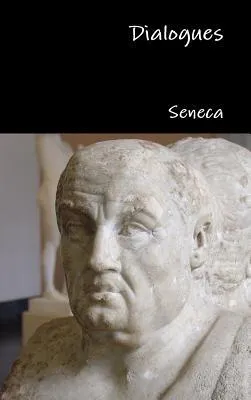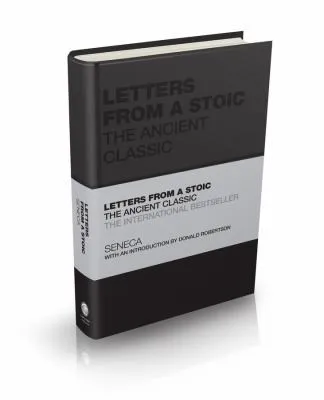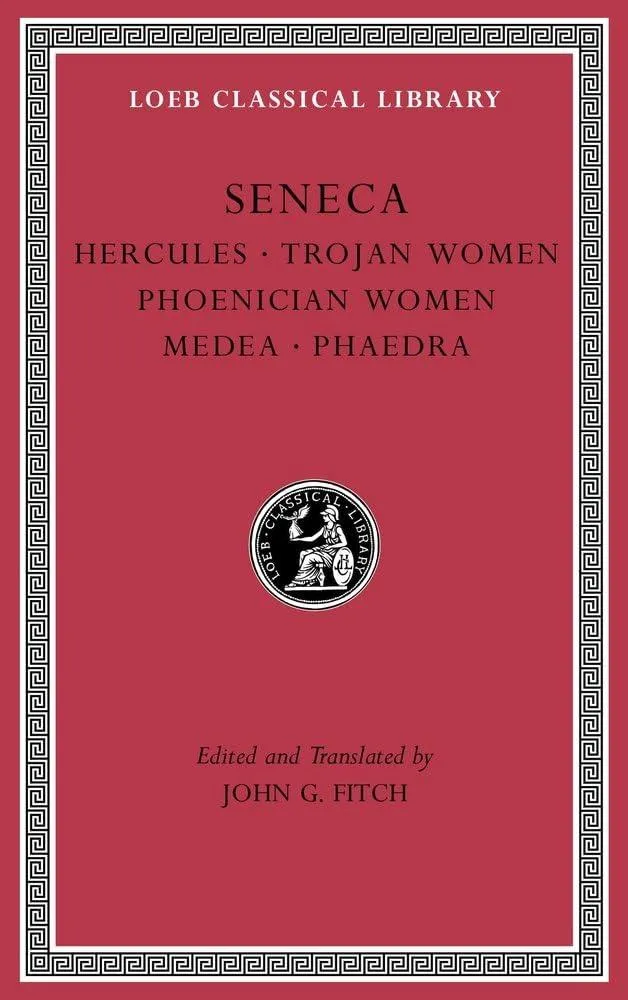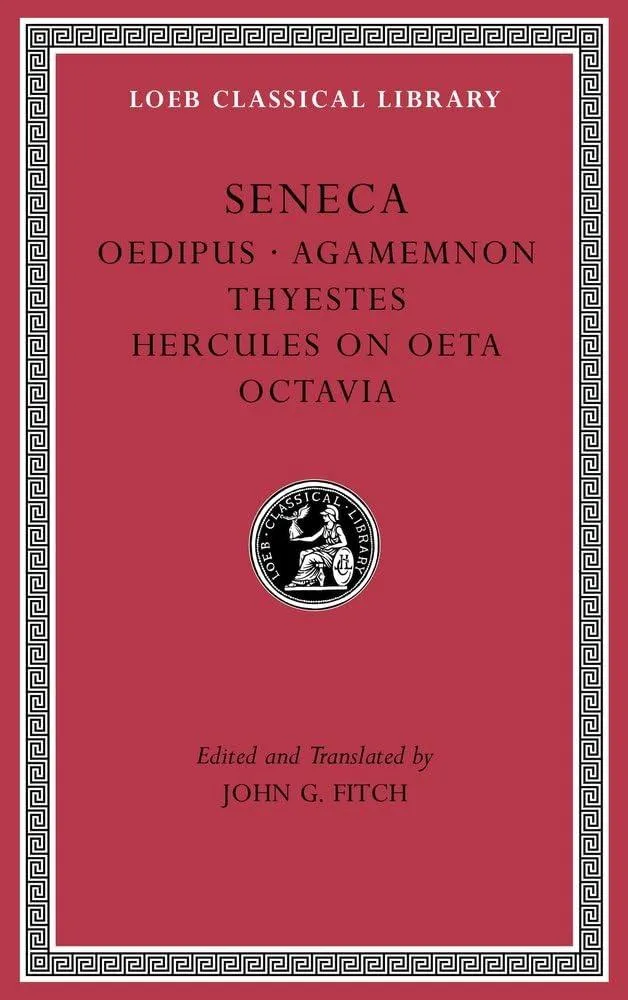Dialogues
(Author) SenecaSeneca's Dialogues-as his epistolary essays have traditionally been known- capture the full range of the Roman thinker's philosophical interests, in particular Stoicism and his unique interpretation of it. Seneca's writings on subjects such as the shortness of life, anger, tranquility of mind, and consolations for grief on the loss of a loved one, are strikingly applicable to our modern world. The Complete Dialogues are collected here: On the Shortness of Life (De Brevitate Vitae), Of a Happy Life (De Vita Beata), Of Providence (De Providentia), On the Firmness of the Wise Man (De Constantia Sapientis), Of Anger (De Ira) Of Leisure (De Otio), Of Peace of Mind (De Tranquillitate Animi) and Of Clemency (De Clementia.)
Seneca
Seneca, a Roman philosopher and playwright, is best known for his collection of essays and letters, "Moral Epistles." His writing style is characterized by its clarity, wisdom, and practical advice. Seneca's key contributions to literature include his exploration of Stoic philosophy and his influence on later thinkers such as Montaigne and Descartes.






